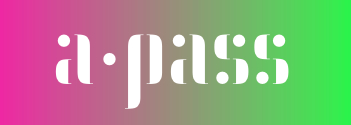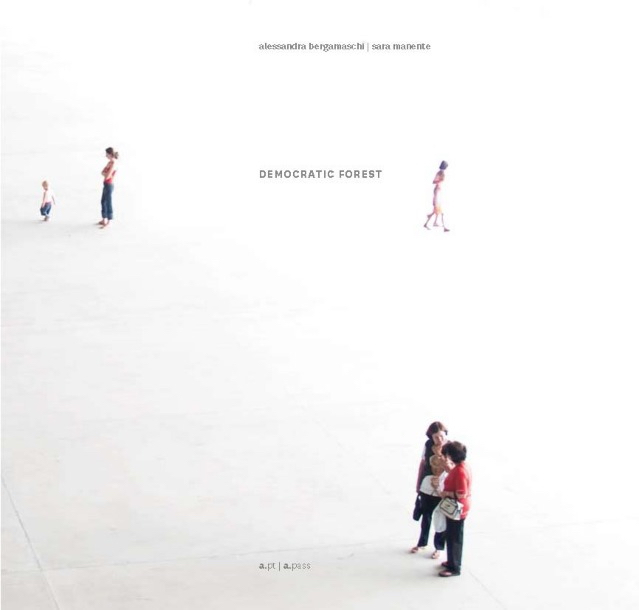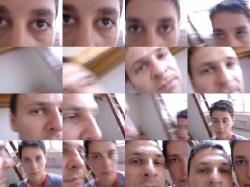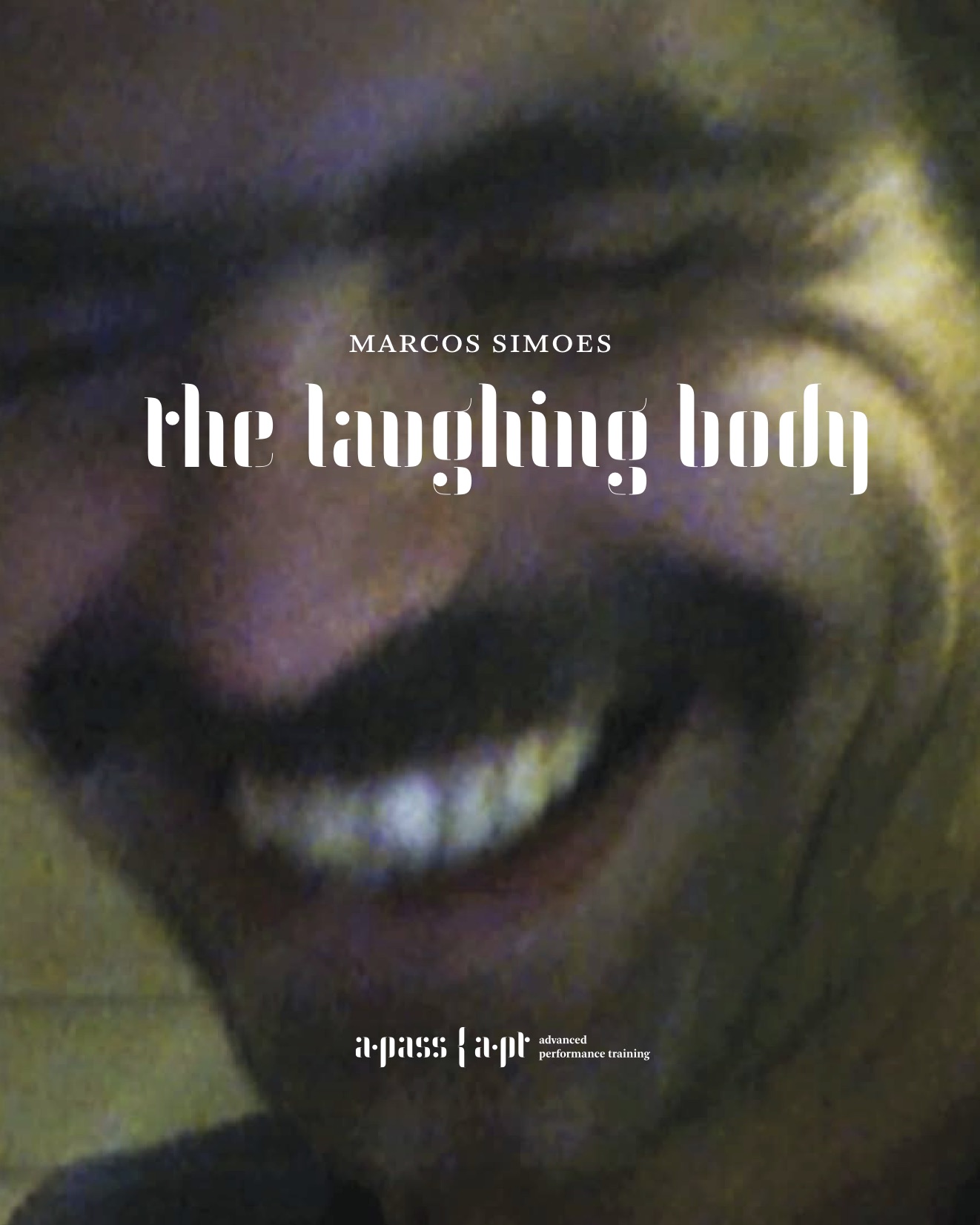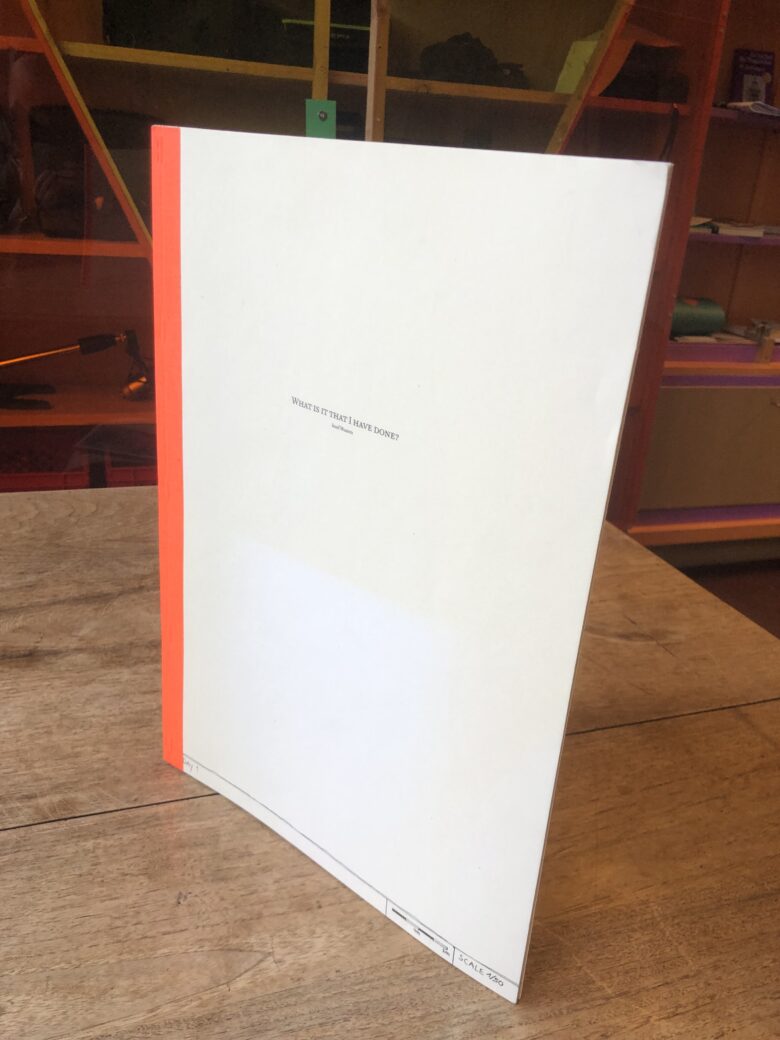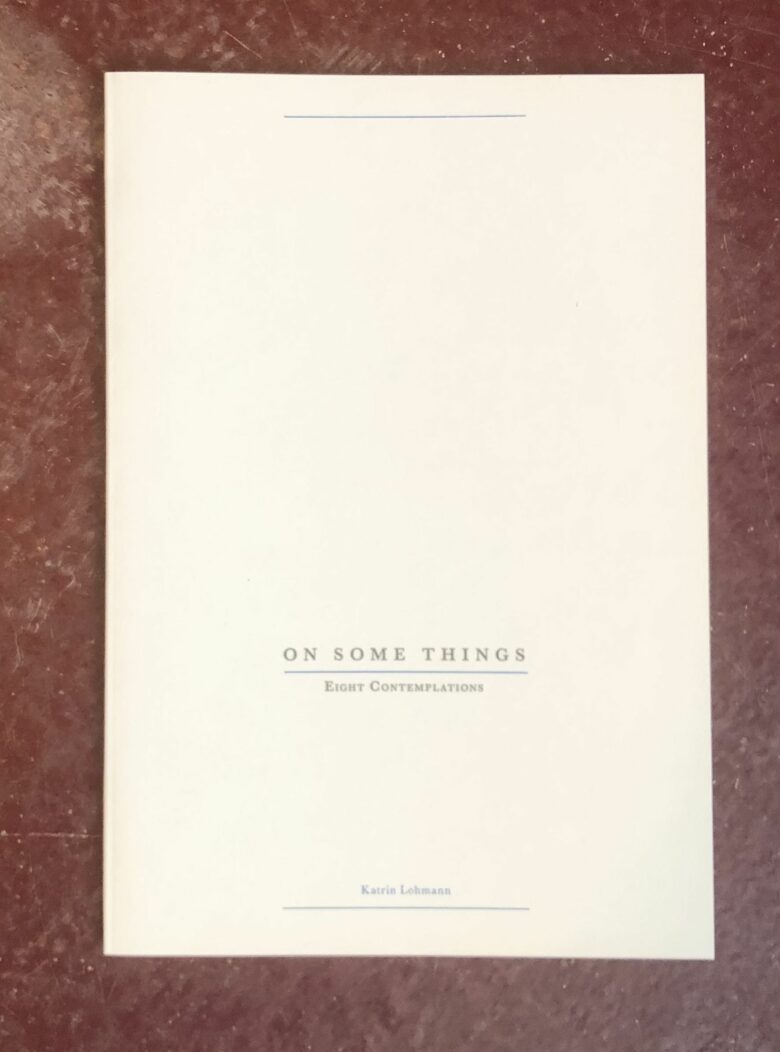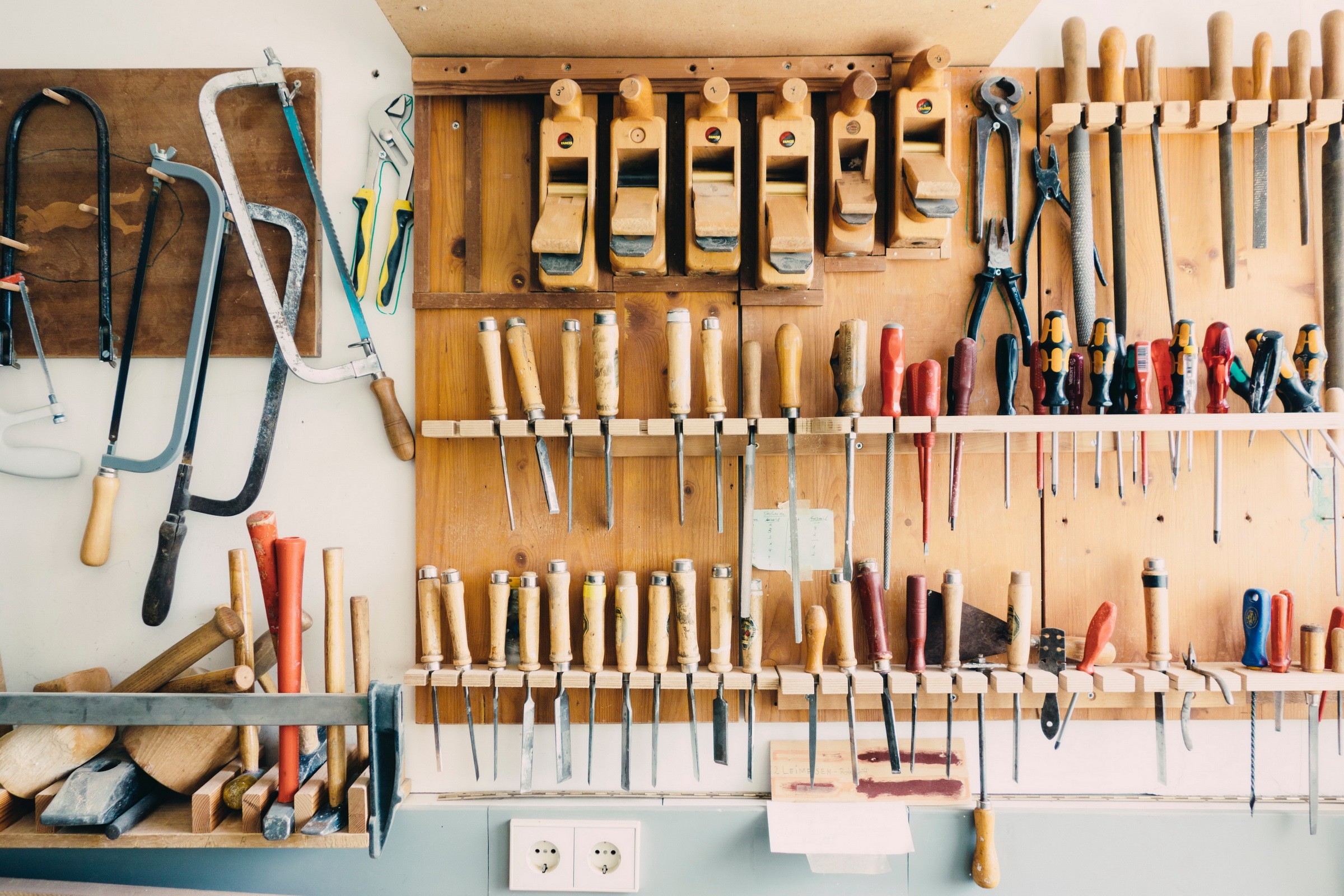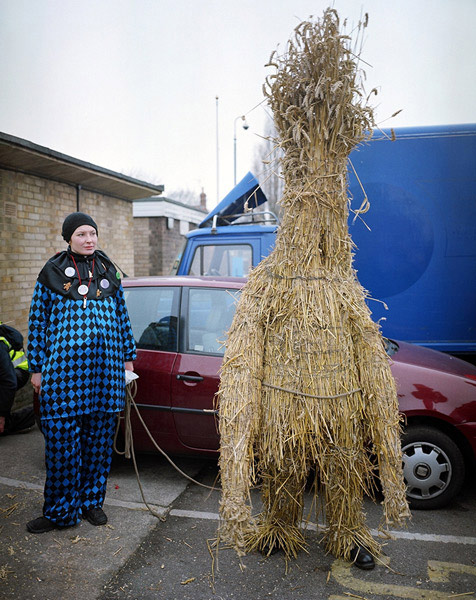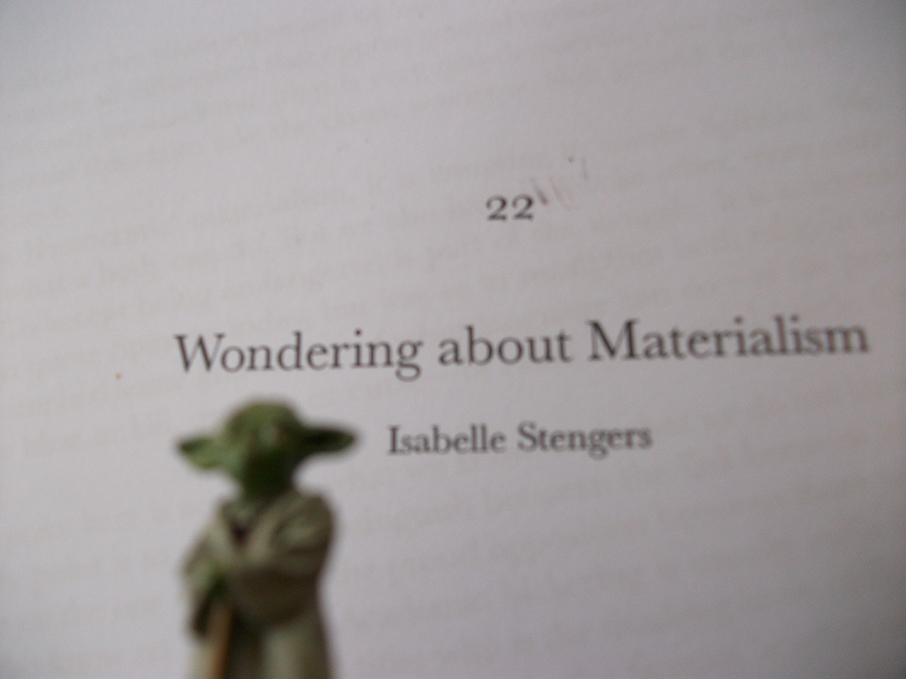postgraduate program, research center
2012 BLOCK I
1 January-13 April 2012
Researchers Participants in the Postgraduate Program
Aleksandra Janeva Imfeld
Catherine (Clé) Lé
Elise Goldstein
Elizabeth Ward
Fleur Ordoukhani
Frank Pay
Ive Leemans
Jaime Llopis
Oshin Albrecht
Robin Amanda Creswell Faure
Sara Dandois
Simon Loeffler
Vicente Arlandis
Research End Presentations
Caroline Daish
Doris Stelzer
Margareth Kaserer
Marilyne Grimmer
Partners
Thematics/Les Bains
Triennal Hasselt
PAF Performance Art Forum
Contributors for workshops
Akira Hino Sensei
Alexander Schellow
Annu Pennanen
David Bergé
Deufert & Plischke
Einat Tuchman
Eleanora Sovrani
Kobe Matthys
Lilia Mestre
Nicolas Galeazzi
Stephane Querrec
Vladimir Miller
Coordinators a.pass
Elke van Campenhout
Lilia Mestre
Mentors
Marie de Brugerolle
Nicolas Galeazzi
Robert Steijn
Vladimir Miller
17 – 20 / 01 / 2012
‘WHAT’S THE CASE ?’
(methodological warm-up)
workshop by Nicolas Galeazzi and Lilia Mestre
This workshop is questioning the basic gestures of your artistic research.
In the search for descriptions of their methodologies, artistic researchers are developing an infinite spectrum of phrases, idioms and other grammatical constructs, to filter out the basic gesture of their own practice.
Understanding individual research as “cases” possibly enfolding fan of possibilities, and the artistic choices taken within the case as the specific politics of your research, in these four research days, we try to get an overview of this spectrum and discuss this range of approaches to artistic research in relation to your own ‘case’.
01-04 / 02 / 2012
‘DIGITAL CRIMINAL’
workshop by David Bergé
What is an analogue experience in relation to a digital one?
In this workshop we will explore together notions as the possible, the virtual and the potential in relation to the analogue versus the digital. How to define the choice for a digital or analogue process and what are its consequences towards an outcome and audience experience?
On the table will be ‘On the Superiority of the Analogue’ by Brian Massumi and videoworks by Michael Snow, Derek Jarman, Holis Frampton, as well as 70’s land art projects and their documentation, such as ‘seven winter midday shadows’ by Hamish Fulton and the documentary of ‘spiral jetty’, made by Robert Smithson himself,… as well as photographic projects by Edmund Engelman, Mike Mandel, Larry sultan and Jon Rafman.
Goal of the workshop is to define our own practice through what is on the table.
23-27 / 01 / 2012
‘AKIRA HINO SENSEI’
master class
Akira Hino Sensei is a master of budo, an ancient Japanese martial art, who worked -between others- with the Forsythe Company, where he has regularly given workshops since 2005. His lessons have greatly influenced both their own work and that of the Forsythe Company. For a week Akira Hino Sensei will focus on feeling the body with the aim of connecting up to movement, both one’s own and that of the other. Budo is therefore a way of exploring the body and developing physical communication skills.
28 – 31 / 01 / 2012
‘EMERGENCE ROOM’
workshop by Deufert&Plischke in Hasselt
Emergence Room is a live-workspace, where all participants (performers and spectators) join to work in silence on pre-set themes. The workspace is built temporarily into an existing environment like a museum, a festival center, an academy, a retail store. The work-process is based on a circular structure of passing on containers of material. Its procedures are proliferation and reformulation in order to create topologies and maps that are related to the underlying theme. These topologies and maps serve as a common denominator for projects that will be individually developed, not by an individuum (a singular author), but individually as a project in the co-authorship of reformulation. The theme of the Emergence Room in Hasselt will be the myth of Arachne. It focuses on the difference between art and craft, symbolism and realism, doing as if and doing in the here and now. Athene weaves carpets that show the glorious deeds of the gods, Arachne weaves the everydayness of the relationship of humans and gods and its brutality. The figure of Arachne bares and exposes lots of topics and questions still relevant and unanswered in our time. What is the responsibility of the artist? What do we risk with art? How do we judge art works? How can artists and critiques coexist and collaborate?
During the four days workshop all participants will work together on these topics and questions and formulate and proliferate material, create story boards together, that will later be exposed in the Emergence Room Hasselt in the frame of the exhibition SuperBodies (Hasselt Triennale).
06 – 28 / 02 / 2012
‘THE SETTLEMENT: ALIEN LOGIC’
working space by Vladimir Miller
The settlement is a model to engender and structure work, knowledge, events and encounters. In a shared space, the participants function as an open group where questions of territory, negotiation and hospitality in art production surface. Settlers build a station suitable for their own artistic research and, by doing so, enter in a growing and evolving network of objects, spaces, ideas and events. The settlement allows negotiating many gradations of participation and influence; it also provides different modes of engagement between inside and outside. A settler can leave, a visitor becomes a tourist, a frequent visitor can eventually settle in the space. The political questions inherent in claiming one’s own space, inviting or excluding the outside, the formation of groups and production of locality and culture, constantly question the concept of settlement itself. Between anarchy and the rule of majority the settlement praxis actively searches for a spatialized production of dis-agreement. This Settlement is the 5th in a series of Settlements, developed within or outside of the a.pass context. The guiding principle of the Settlement this time is ‘Alien Logic’.
27 / 02 – 2 / 03 / 2012
‘MICRO HISTORIES / 1 / OPENING WEEK’
workshop by Thematics/Les Bains
Curated by Lilia Mestre/Les Bains with invited artists Eleanora Sovrani (it/be), Einat Tuchman (is/be), Annu Pennanen (fi) and Stephane Querrec (fr) and Kobe Matthys (be), Micro Histories researches the processes of documentation and presentation of the ‘Micro Histories’ collected in four different Brussels areas: Vilvoorde, St Joost, Brussels Center (EEC quarter) and Forest. We aim to investigate, challenge and discuss cultural phenomena and their construction through field research. During the opening week the participants of the Thematics and the participants of a.pass meet to lay out the themes that are driving this research: what is the sense of history? what kind of methodologies do we use to register ‘what has happened’? How do we create our own histories, or make history appear where it is not considered likely to be found? What is field research and how do we set up a valid research environment on location? This workshop is the introduction to the His/Herstory workshop, during which these strategies are put to the test in individual research field trajectories.
05 – 09 / 03 / 2012
‘MICRO HISTORIES / 2 / HIS/HER STORY’
workshop by Alexander Schellow
The second week of the Micro Histories workshop offers the opportunity to all participants to develop an individual history project, choosing their own location in Brussels, working on practice based field research, together with artist Alexander Schellow. In his work, which is located between artistic and scientific research-practice, he follows different strategies to translate fictions and questions into concrete narrations – as films, interventions, installations, drawing-series or spatial performance concepts. Narrations that one literally finds on the street.
One keyword here is: practice. Not seen in the constructed and fairly imprecise dualism of practical versus theoretical, this becomes a very relevant term as well as concept. How can a practice (of observation, recording) be framed methodologically in different ways, in order to make it (and not just: combine it with) a tool of reflection? The workshop aims to trigger your own concepts and practices to react in their specific way on the above-mentioned questions/problematics. We will develop individual starting points for projects and follow them at least for a few first steps. In central group discussions those experiences and case studies will be shared and questioned with regard to methodology as well as content.
19-23 / 03 / 2012
‘THE WALK – PREPARATION’
preparation for a walking workshop by Elke Van Campenhout
In preparation of a month long walking workshop on mobile archiving/narrativizing the landscape, interested participants share for one week the development of possible walking scores, the fabrication and reconstruction of traces, and the possibilities of urban/non-urban routes. Every day we test out another walking score, and try to get further into the philosophy and reality of a walking workshop.
10 – 13 / 04 / 2012
‘SPECIAL EFFECT MANUAL’
workshop by Lynda Gaudreau
This workshop is above all a research space around scores and working themes such as, speed, accidents and precision. Lynda Gaudreau’s partitions constitute environments, “maps ” integrating scenography, light, sound and relevant activities. The partitions include activities totally unrealistic, impossible to accomplish but that must be resolved at very precise moments. These scores open to a multitude of strategies to execute the tasks and generate what so called “side effects”. The workshop will be divided in two parts : conceptual and practical and participants will elaborate scores in a collaborative process. Open to choreographers, composers, visual artists interested in producing “special effects” in their works.
